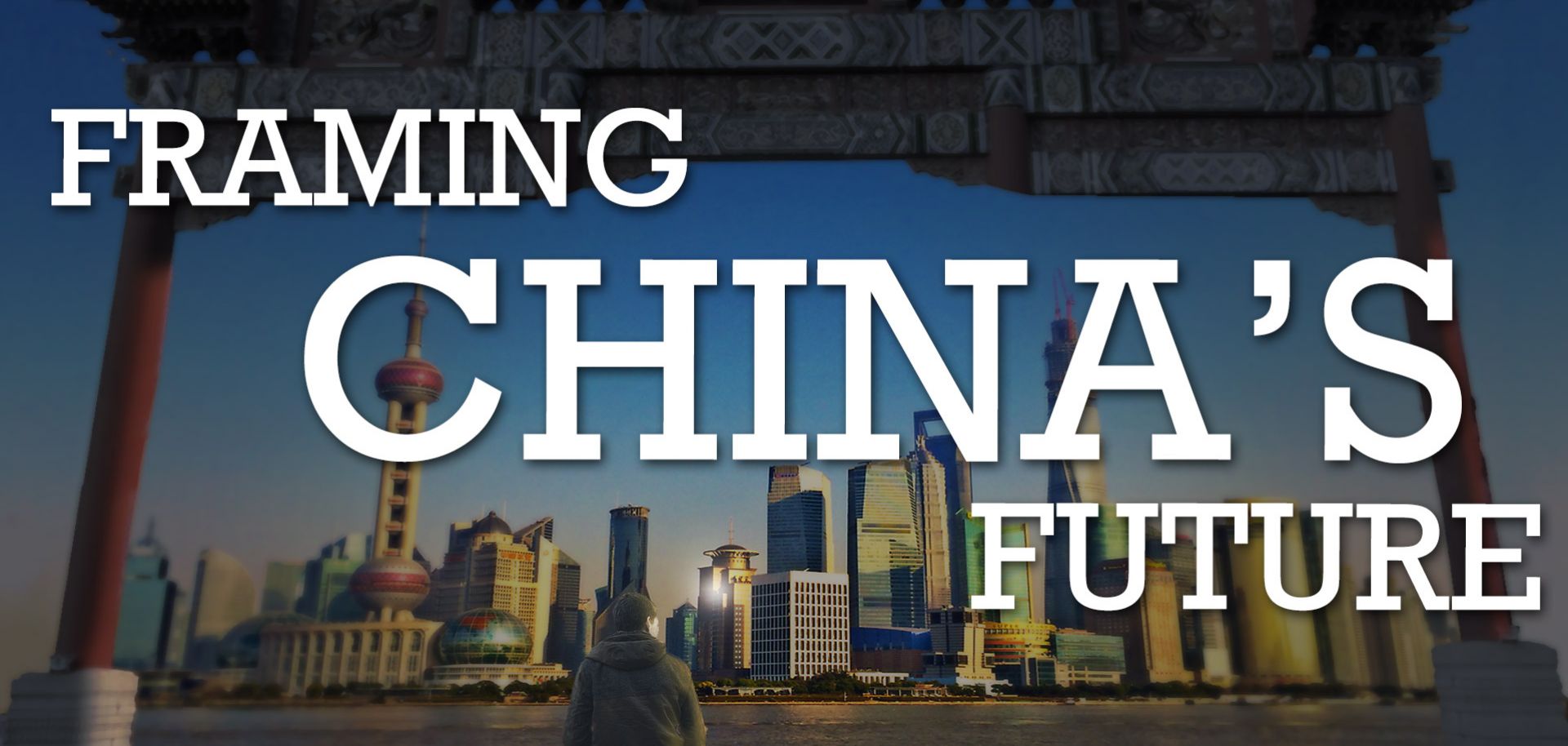ASSESSMENTS
What China Owes a Bygone Era
May 19, 2016 | 09:30 GMT

(Stratfor)
Summary
Editor's Note: This is the next installment of an occasional series on China's transformation.
Since the end of the Cold War, international politics has been defined by the rise of universal human rights as norms. The leading world power, the United States, has used human rights rhetoric to pursue its global interests, citing it in plans to intervene in Kosovo, to overthrow Iraq's Saddam Hussein and to pursue efforts against the Syrian government of Bashar al Assad. There are, however, dissenters to the notion of human rights as currently understood by international bodies. Chief among these is China, which champions national sovereignty over universal human rights. Indeed, Beijing's opposition to meddling in the domestic affairs of sovereign nations has been a key part of its foreign policy over the past several years. Former Chinese President Hu Jintao even adopted what was termed "China's peaceful development" as an official policy — the idea that unlike past great powers, China will reject imperialism and respect sovereign rights as it rises.
China's focus on the unassailability of sovereign rights partly reflects the lessons of recent history and the nation's peculiar role in today's international balance of power. The Soviet Union's collapse in 1991 kicked off the "fourth wave" of democratization, which, coupled with staunch Western support for pro-democracy movements, brought about regime change in numerous nations. But this process also left China, an authoritarian one-party state, an outlier among the world's leading countries. Beijing suddenly found itself on the defensive in the increasingly frequent discussions on the widely shared ideals of democracy, freedom of expression and human rights. During this same period, China's economic growth exploded, catapulting it to its current position as the second-largest economy and the second-most powerful player in the international system. Beijing is now seen as Washington's key rival, especially in the Pacific Rim. Embattled by human rights rhetoric and U.S. efforts to limit its rise, China has clung to a framework of inviolable sovereignty and has opposed interventionism.
Subscribe Now
SubscribeAlready have an account?
